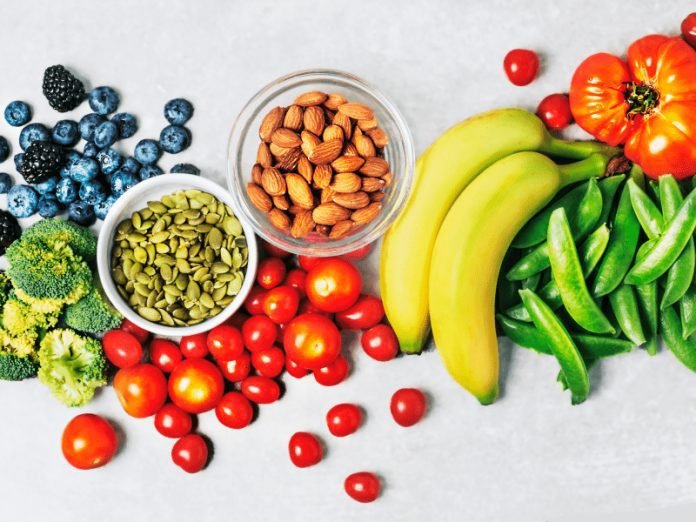Last Updated on March 12, 2024 by admin
People have used herbs for millennia to treat a variety of conditions. When used appropriately, herbal remedies and supplements can improve your health. However, as with any other medicine, there are some risks. It is important to understand the proper use of herbs.
Table of Contents
1. Talk to Your Doctor
Herbal remedies should be used in conjunction with conventional medicine, not in place of it. Whether you want to use herbal treatment for a health condition or a daily supplement to support overall wellness, it is best to talk to your primary care provider first. Always inform your doctor about the supplements you are taking. Many people neglect to mention this information, but it is important for your doctor to know.
Some patients do not mention herbs to their physicians because they assume a conventional health care provider will disapprove of herbal remedies. However, it is increasingly common for doctors to take an integrative approach, combining alternative medicine with mainstream treatments. If you need help finding a physician, try searching Google reviews for doctors near you to find a provider who supports integrative medicine.
2. Be Aware of Herbs Interactions and Side Effects
Do not make the mistake of assuming that natural remedies are 100% safe. While it is true that many herbs are perfectly safe, some have serious side effects.
For example, St. John’s Wort is a popular herbal remedy for depression. However, it can reduce the effectiveness of some prescription drugs, including oral contraceptives. It can also be dangerous when combined with prescription antidepressants, as it increases the risk of serotonin syndrome, a potentially life-threatening condition.
Even everyday herbs and spices act differently when taken as supplements. These include basil, cinnamon, fennel, oregano and rosemary. When used in cooking, these herbs are safe, but consuming them as teas, capsules or essential oils may have side effects.
3. Use Caution if You’re Pregnant
Due to the lack of clinical studies, the effects of herbs during pregnancy are not entirely known. There are some you should avoid because they may cause uterine contractions or other complications. These include:
- Angelica
- Black cohosh and blue cohosh
- Chamomile
- Fennel
- Ginger
- Passionflower
- Raspberry Leaf
Because many prescription and over-the-counter drugs are unsafe to use during pregnancy, many people turn to herbal remedies, but you should consult your doctor first to ensure that the herb is safe.
Read More: Why and How Organic Hair colours Don’t Have Ammonia or Bleach in Them?
4. Research herbs Brands Carefully
There is very little regulation for herbal supplements. Prescription medications are subject to strict testing and labeling requirements. Supplements, on the other hand, are not always tested and may contain ingredients not listed on the label. They may not even contain the quantity of the product stated on the label.
For this reason, you should choose supplements carefully. Look for studies and reviews to find the most trustworthy brands. If you don’t, you risk wasting your money on a product that won’t do any good and may cause harm.
5. Consider Risks vs. herbs Benefits
Research on the efficacy and safety of herbal supplements is limited. There is much debate as to whether they help at all; some experts believe that any positive result is merely a placebo effect. It is up to you and your doctor to decide whether the potential benefits outweigh the risks.
If you are considering an herb with known side effects, such as St. John’s Wort, you should talk with your doctor about the possible risks and benefits. If the potential side effects are severe and there is insufficient evidence of health benefits, you may decide that the risk is too great.
On the other hand, if the herbal supplement you are considering is relatively safe, then it may be worth trying. For example, echinacea might not improve your respiratory health or reduce your chances of catching a cold, but it is unlikely to hurt you.
Herbs have many uses, from culinary to medicinal. When used as part of an integrative health care approach, herbal remedies can support your healthy lifestyle.













